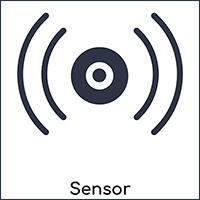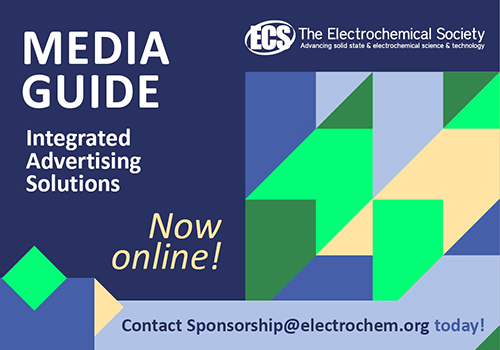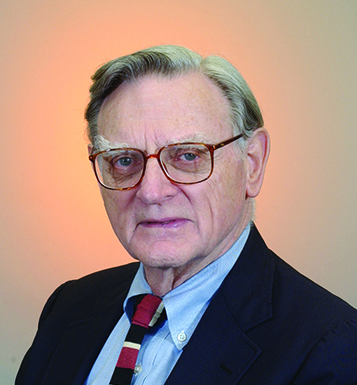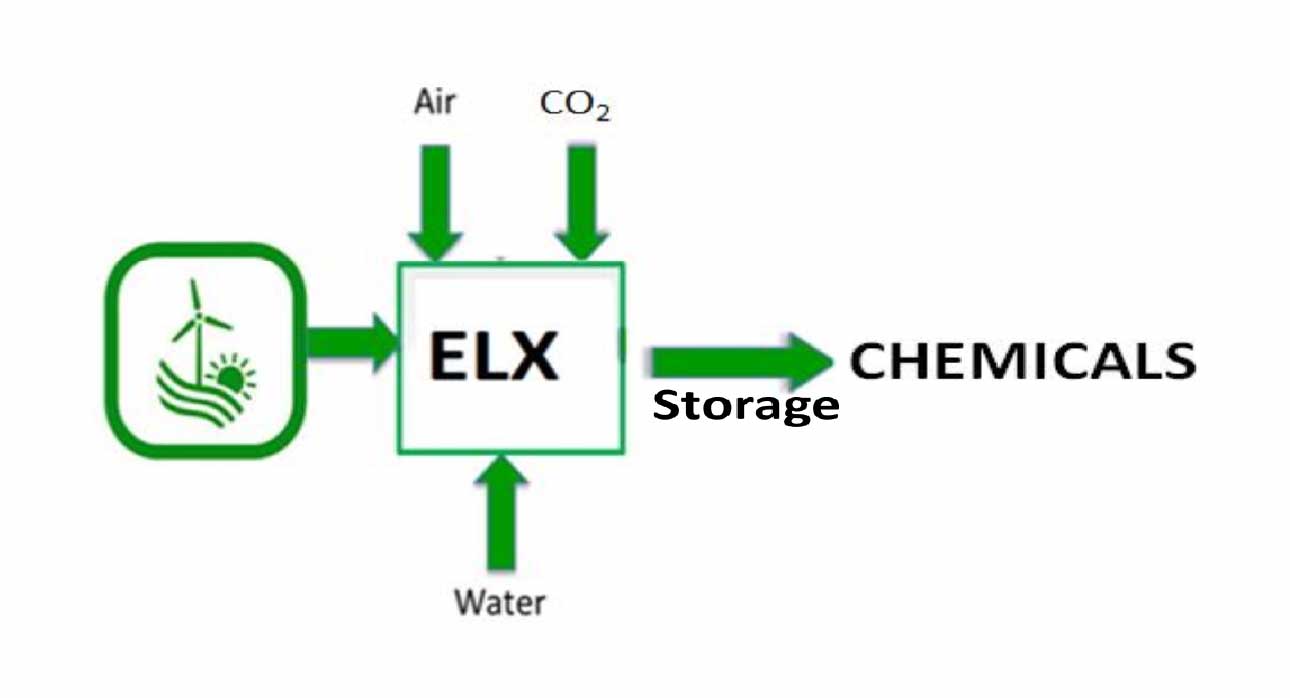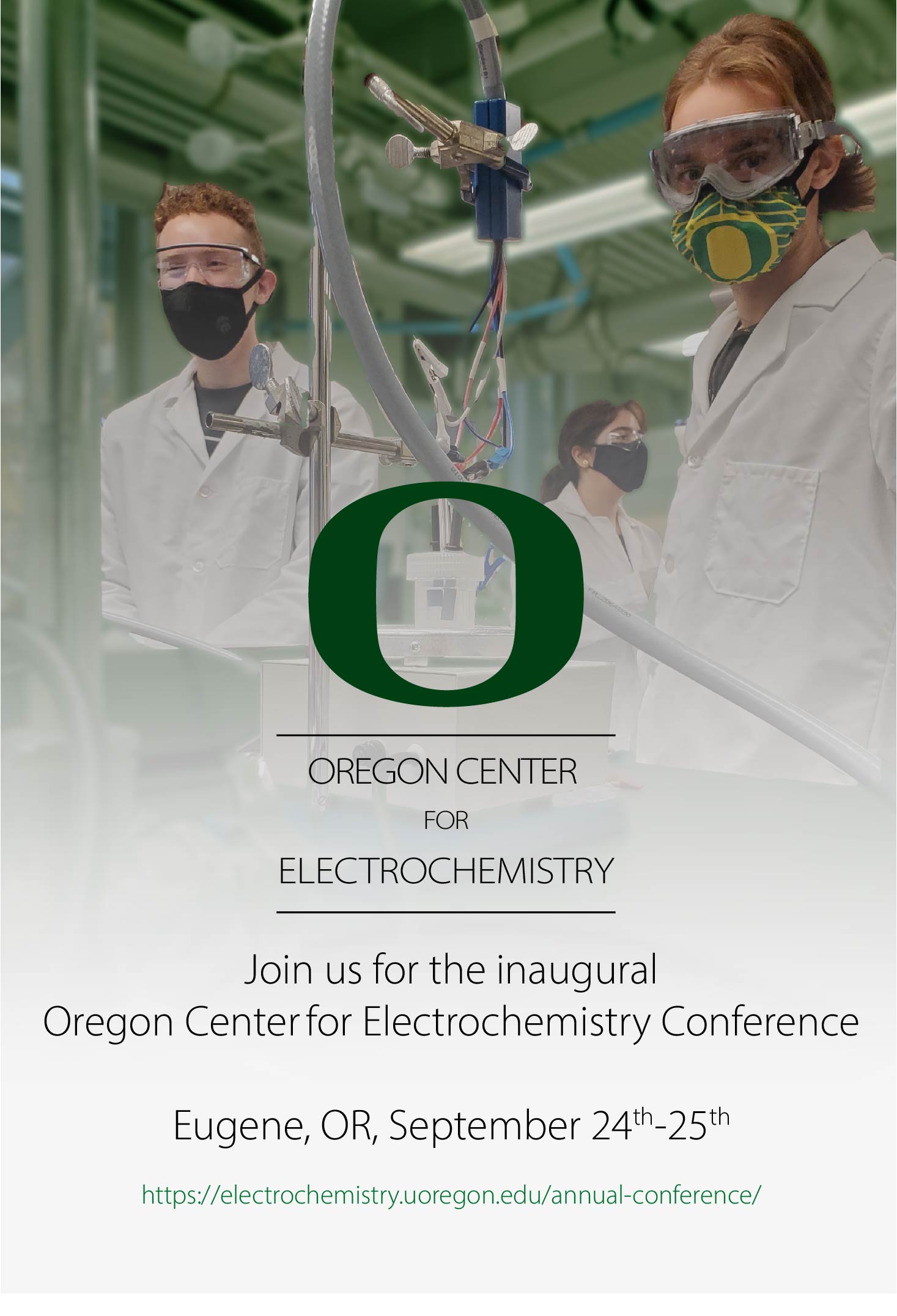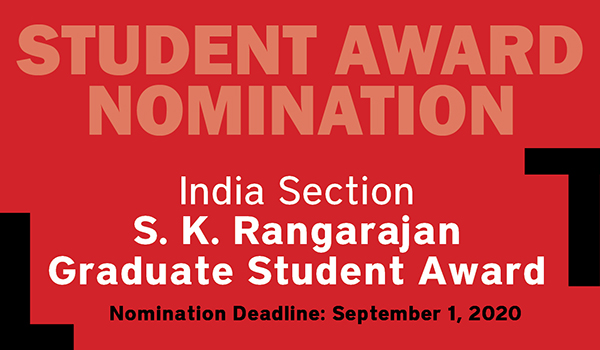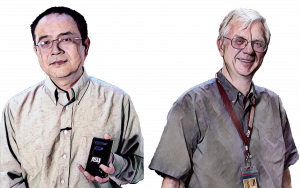 The Journal of The Electrochemical Society is publishing a focus issue dedicated to the late Professor Nongjian Tao for his longstanding contribution to the development of chem/biosensors and nanoscale measurements. This issue also serves as a celebration of the 70th birthday of Professor Stuart Lindsay, Professor Tao’s doctoral advisor and longtime collaborator for over 35 years.
The Journal of The Electrochemical Society is publishing a focus issue dedicated to the late Professor Nongjian Tao for his longstanding contribution to the development of chem/biosensors and nanoscale measurements. This issue also serves as a celebration of the 70th birthday of Professor Stuart Lindsay, Professor Tao’s doctoral advisor and longtime collaborator for over 35 years.
Contributions are invited in all aspects of chem/biosensor technology with topics that include, but are not limited to: Electric, magnetic, and optical biosensors; novel transduction modes; molecular recognition elements; nanomaterials and their system level integration for biological/medical applications such as point-of-care, implantable, and wearable sensors. In addition, novel nanoscale measurements of cells and cellular/molecular components (e.g., nucleic acid, proteins, organic molecules), including scanning probe microscopy, plasmonic, and optical imaging of biomolecules, are also highly encouraged. Many of these measurements lead to improved understanding of transduction mechanisms and novel biosensor platforms that allow for ultrasensitive and dynamic detection in living systems. (more…)
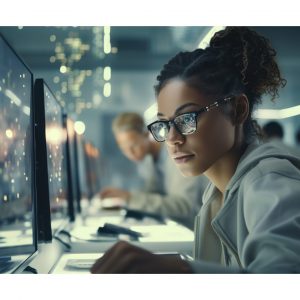 Topic close-up #9
Topic close-up #9

